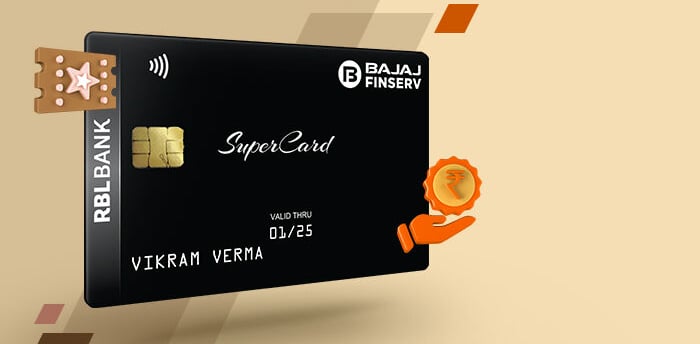Add your promotional text...
The End of a Partnership: How Will Bajaj Finance and RBL Bank Evolve After Their Co-Branded Credit Card Deal Ceases?
Synopsis: RBL Bank and Bajaj Finance have decided to end their co-branded credit card partnership. This blog explores how this strategic shift will impact both financial institutions, their growth plans, and their positioning in the competitive credit card market.
VIEWS ON NEWS
By Monika Agarwal
12/2/20242 min read


A Significant Shift in the Credit Card Market
On a quiet Friday evening, RBL Bank Ltd. and Bajaj Finance Ltd. announced a pivotal decision: they will cease issuing new co-branded credit cards under their partnership. While this move may appear subtle on the surface, it holds deeper implications for both companies and the credit card ecosystem in India.
Existing cardholders need not worry—current co-branded credit cards will remain operational. However, the discontinuation of new issuances signifies a major step in redefining the strategies of these financial giants.
RBL Bank’s Diversification Strategy
For RBL Bank, the termination is more of a strategic evolution than a setback. Over the past year, the bank has steadily reduced its reliance on co-branded cards with Bajaj Finance. In September 2023, the issuance of such cards dropped to 37,000—a significant decline from 1.26 lakh in the same period the previous year. This deliberate shift underscores RBL Bank's proactive approach in diversifying its portfolio.
To mitigate any potential impact, RBL Bank has forged new alliances, introducing co-branded credit cards in collaboration with prominent names like:
Mahindra & Mahindra Finance
Indian Oil Corporation
IRCTC (Indian Railways)
TVS Finance
These partnerships reflect RBL Bank's focus on capturing varied market segments, from everyday fuel needs to travel enthusiasts and vehicle owners. By spreading its reach across diverse industries, the bank aims to strengthen its foothold in the competitive credit card market.
What This Means for Bajaj Finance
For Bajaj Finance, the decision marks a strategic pivot rather than an outright loss. Known for its expertise in consumer financing and a strong foothold in the lending sector, the company has been exploring avenues to expand its customer engagement. While its partnership with RBL Bank was a significant chapter, it is not the sole focus of Bajaj Finance’s operations.
This shift opens up opportunities for Bajaj Finance to reimagine its role in the credit card space. It may consider forming new alliances, leveraging its brand equity to introduce standalone products, or enhancing its digital offerings to cater to the evolving needs of tech-savvy consumers.
Implications for the Credit Card Market
The decision to end this partnership reflects broader trends in the financial sector. Co-branded credit cards have long been a popular strategy for banks and non-banking financial companies (NBFCs) to tap into shared customer bases. However, as the market matures, institutions are reevaluating such alliances to focus on independence, innovation, and tailored offerings.
For consumers, this could mean greater choice and more specialized credit card features as companies compete to differentiate themselves. Partnerships like RBL Bank’s new collaborations are indicative of this trend, catering to niche audiences with customized benefits.
A Glimpse into the Future
While the ending of this co-branded credit card deal may seem like a parting of ways, it is, in fact, a step forward for both Bajaj Finance and RBL Bank. Their ability to adapt and innovate will determine their success in the next phase of their journey.
For RBL Bank, diversification appears to be the key to staying relevant in a competitive market. Meanwhile, Bajaj Finance’s strong foundation in consumer finance provides ample room for new opportunities. As the credit card market continues to evolve, both institutions are poised to remain significant players—albeit through different paths.
In conclusion, The end of a partnership often marks the beginning of new opportunities. For Bajaj Finance and RBL Bank, this decision represents a chance to explore fresh possibilities, strengthen core competencies, and redefine their positions in the dynamic financial landscape. How they navigate this change will set the tone for their future growth and innovation in the Indian financial sector.
